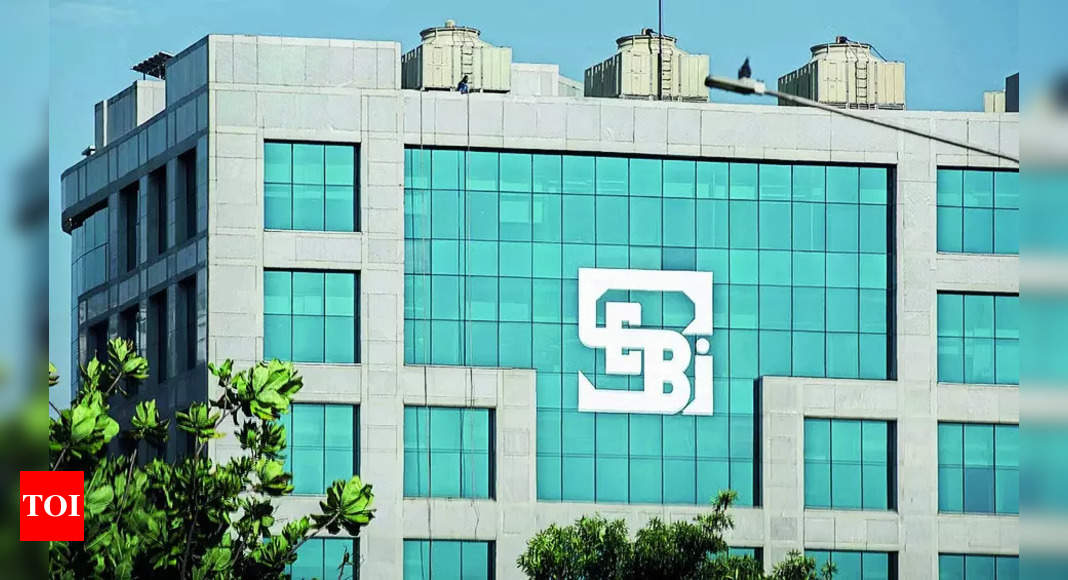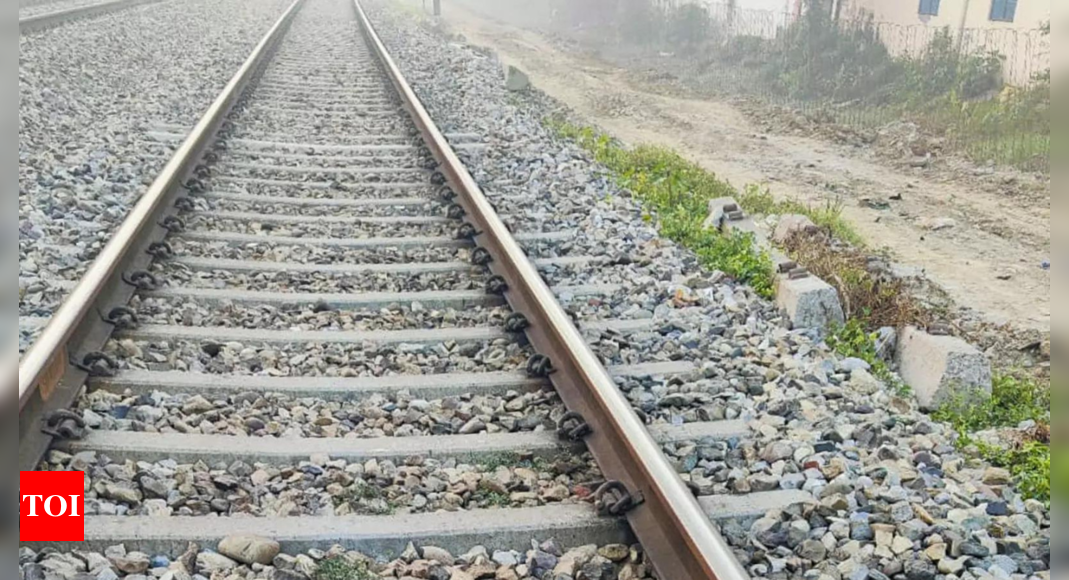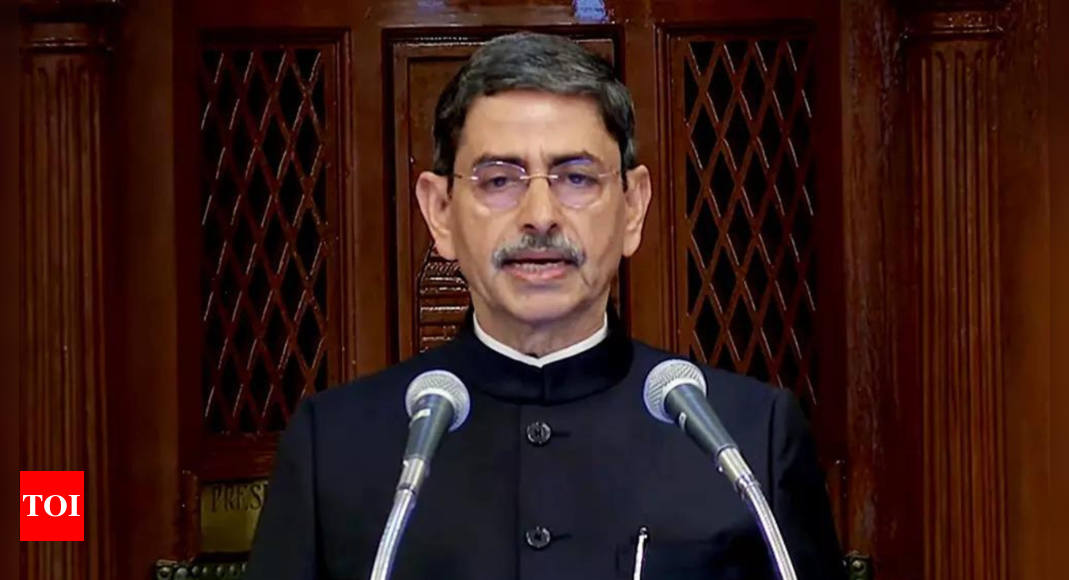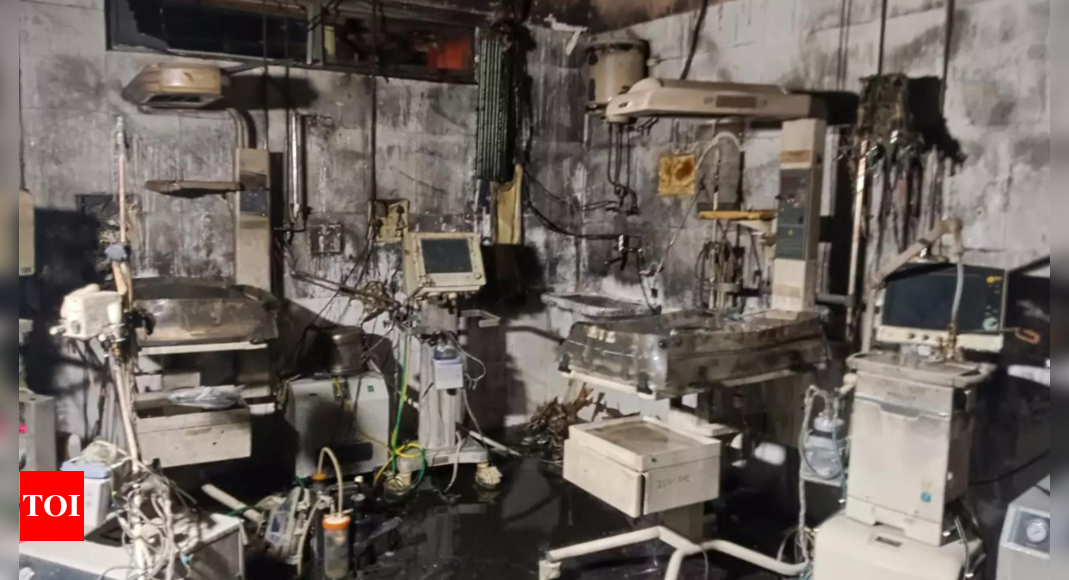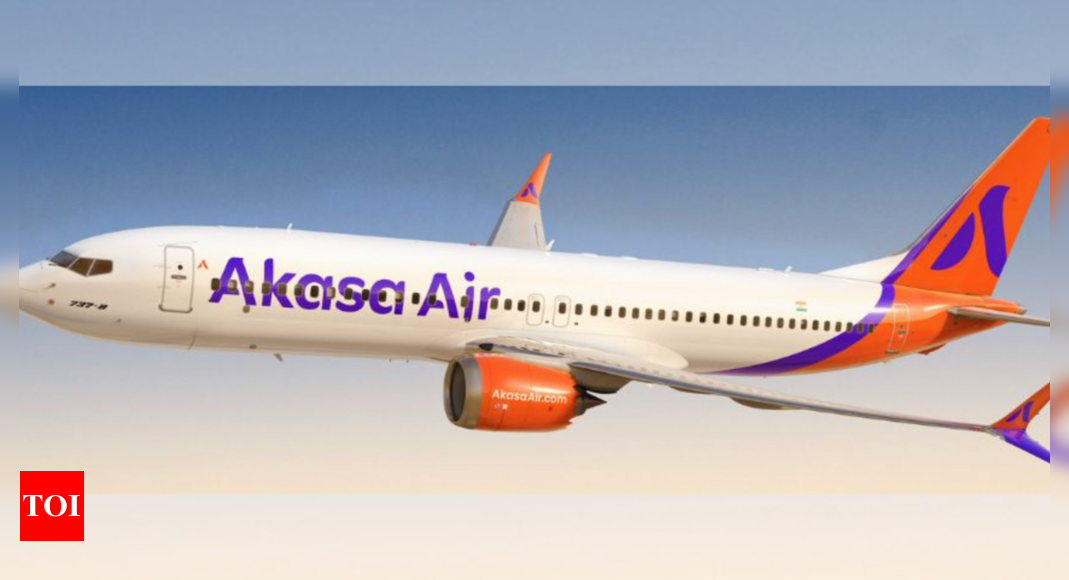
NEW DELHI: The Directorate General of Civil Aviation (DGCA) on Thursday issued a show cause notice to Akasa Airlines over “several regulatory breaches identified during a recent review”. The airline has been asked to “provide an explanation for the lapses” within seven days.
“The DGCA’s spot audit and scrutiny revealed practical training sessions conducted by Akasa Airlines were completed and simulated without the mandated requisite regulatory approvals raising significant concerns regarding the adequacy of training standards and operational readiness,” the regulator said in a statement.
The violations pertain to non-compliance with civil aviation requirements (CAR or DGCA rules) pertaining to “flight crew standards, training and licensing.”
DGCA reiterated that it “remains committed to upholding the highest safety and operational standards in the aviation industry and will take all necessary action to enforce regulatory compliance.”
In a statement, Akasa said it “is in receipt of a notice from DGCA in relation to an audit conducted in May 2024 and we will submit a response as per protocol. Safety is of utmost importance, and we continuously strive to pursue the highest standards of safety.”
“The DGCA’s spot audit and scrutiny revealed practical training sessions conducted by Akasa Airlines were completed and simulated without the mandated requisite regulatory approvals raising significant concerns regarding the adequacy of training standards and operational readiness,” the regulator said in a statement.
The violations pertain to non-compliance with civil aviation requirements (CAR or DGCA rules) pertaining to “flight crew standards, training and licensing.”
DGCA reiterated that it “remains committed to upholding the highest safety and operational standards in the aviation industry and will take all necessary action to enforce regulatory compliance.”
In a statement, Akasa said it “is in receipt of a notice from DGCA in relation to an audit conducted in May 2024 and we will submit a response as per protocol. Safety is of utmost importance, and we continuously strive to pursue the highest standards of safety.”



